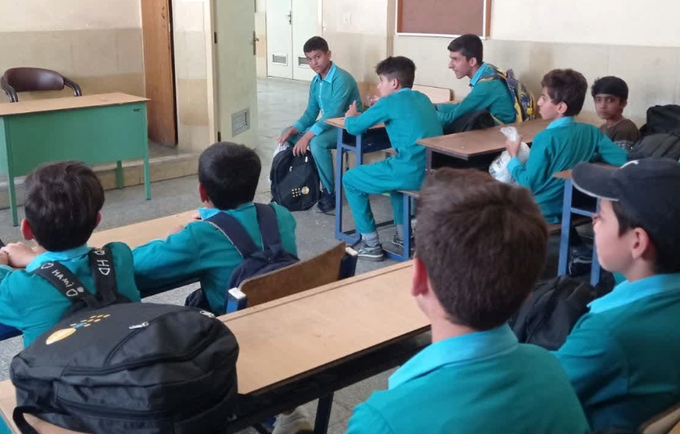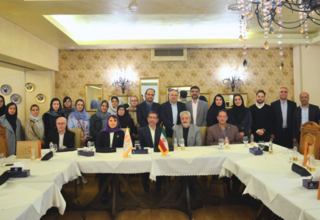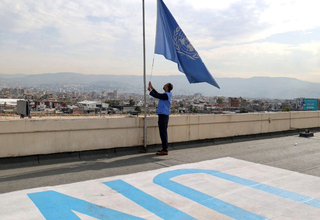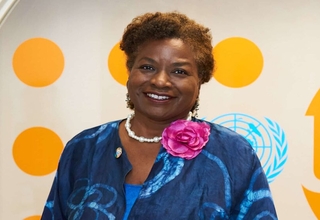In response to the compounding challenges posed by sanctions, the economic downturn, and the COVID-19 pandemic, the United Nations Population Fund (UNFPA) in collaboration with the United Nations Children's Fund (UNICEF), the United Nations Development Program (UNDP) and the European Civil Protection and Humanitarian Aid Operations (ECHO) launched a joint programme aimed at assisting the most vulnerable communities in Iran. This United Nations Integrated Action seeks to address the multifaceted impacts of actions, economic downturn, and the COVID-19 Pandemic on the Most Vulnerable Communities in Iran.
A success story emerging from this collaborative effort is the UNFPA-led project focusing on facilitating the return of children to schools in seven of Iran's most marginalized provinces. As part of this endeavor, UNFPA, in partnership with UNICEF and the EU, implemented a comprehensive strategy to enhance the resilience and readiness of adolescent girls and boys for returning to school amidst the challenges posed by the pandemic.
Central to the project was the distribution of school kits to both girl and boy students in the targeted provinces. These kits included essential health and hygiene items for girls, as well as stationery supplies, ensuring that children had the necessary resources to resume their education safely. Moreover, the initiative provided mental health and psychosocial support to both students and parents, addressing topics such as puberty, relationship building, effective communication, stress and anger management, and decision-making skills.
One of the key components of the project was the provision of group counseling sessions for parents, focusing on education and awareness, particularly during the crucial stage of puberty. These sessions aimed to equip parents with the knowledge and tools necessary to support their children's academic and emotional well-being as they navigate the challenges of adolescence.
Implemented through a well-coordinated approach involving procurement, logistics, and collaboration with local authorities, the initiative reached a total of 11,160 students aged 9-12 years old across six provinces in Iran. Furthermore, 3,720 parents received Mental Health and Psychosocial Support (MHPSS), highlighting the holistic nature of the programme's approach to vulnerable communities.
The seven provinces targeted for intervention included Sistan-Baluchistan, Kerman, Hormozgan, Golstan, Ilam, Semnan, and Yazd, each of which faces unique socio-economic challenges exacerbated by the current crises. By directly addressing the needs of children and their families in these regions, the joint initiative underscores the commitment of UNFPA, UNICEF, and the ECHO to leaving no one behind, particularly in times of crisis.




